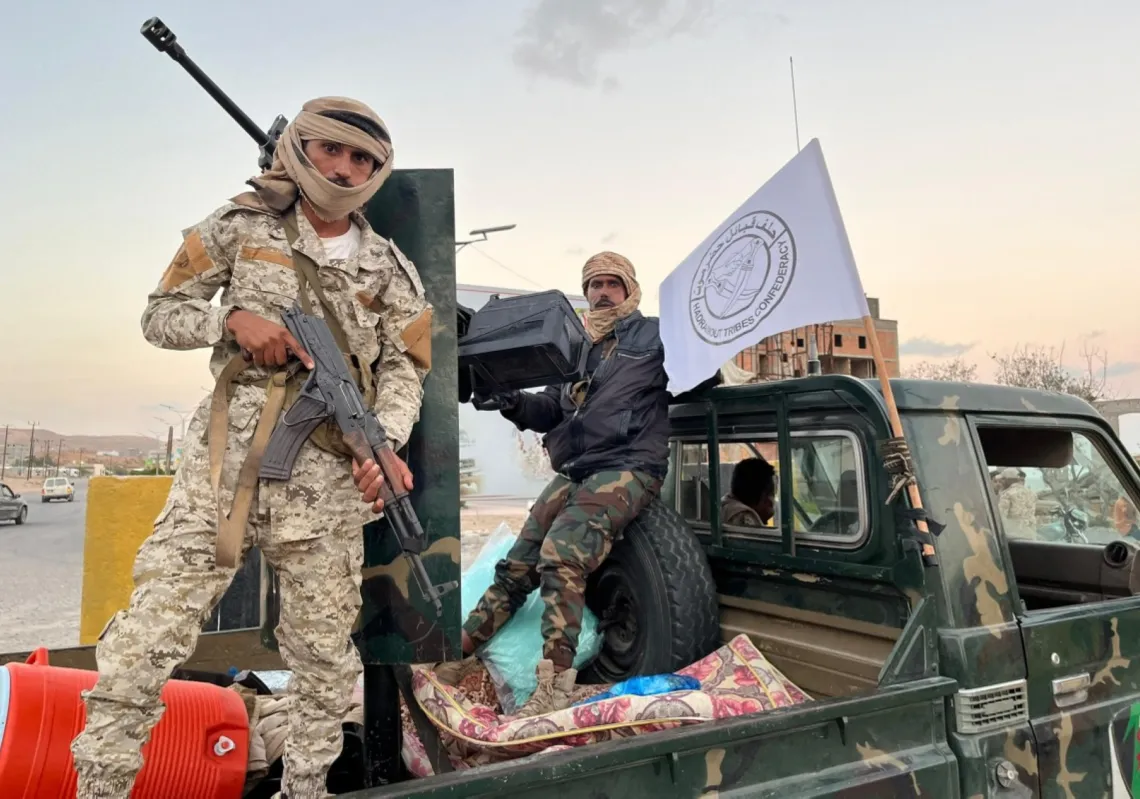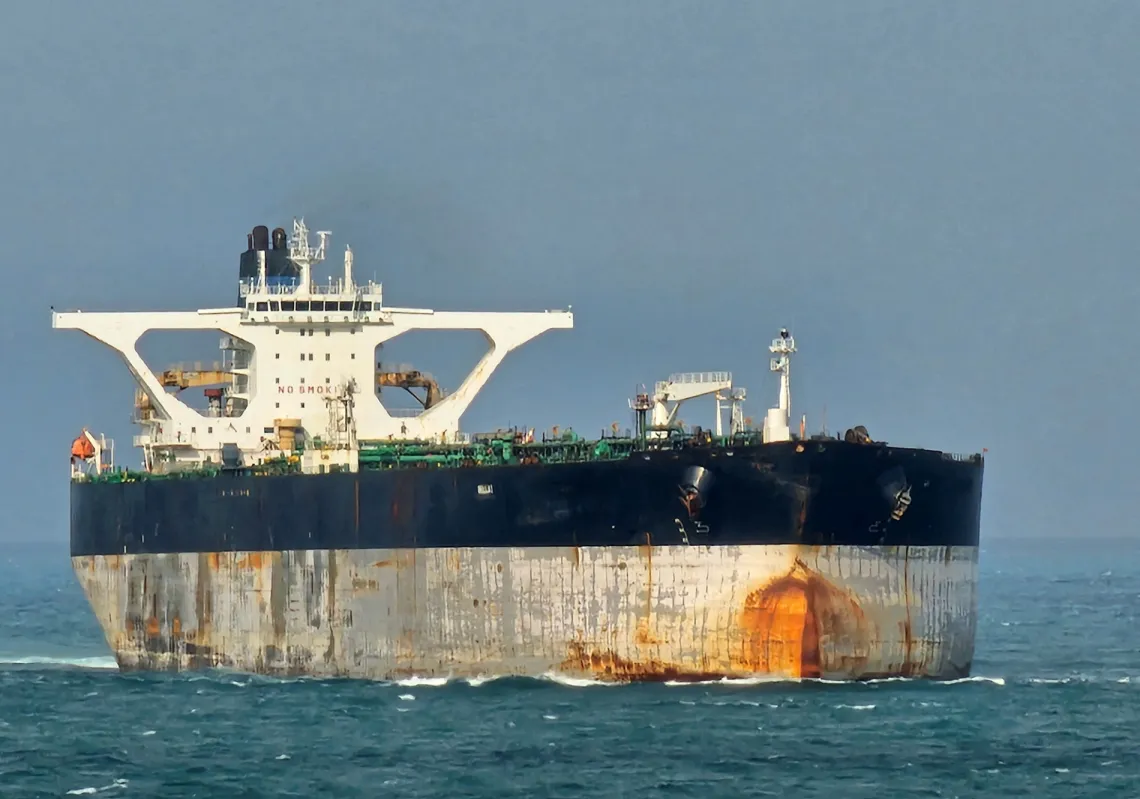Iraqis are eager to finally be rid of more than six years of U.S. military occupation, and Americans are eager to bring their troops home from that county. Yet both the Iraqi public and the American public (as well as their leaders) share an anxiety as well: that too rapid a pace of withdrawal could unravel the hard-won security gains of the last two years. The recent spike in terrorist attacks offers a sobering reminder of how “fragile and reversible” (to quote General David Petraeus) those security gains remain, and how easily Iraq could be plunged back toward the chaos and incipient civil war of 2004-2006.
Under the timetable outlined by President Barack Obama in February, two and a half years remain before the deadline to withdraw all American troops from Iraq (December 31, 2011). Yet only a few weeks remain until American forces (under the bilateral agreement) must be withdrawn from Iraqi cities and towns (by the end of June). And only fifteen months remain before the bulk of the remaining 130,000-plus American troops are withdrawn. That is not a lot of time to achieve the significant further progress that is necessary to enable Iraq to go forward in peace, as an effective state, after the Americans withdraw.
If Iraq after occupation is not to descend back into horrific violence or tyranny, Iraq during the waning days of occupation must do much more to lay the foundations for a viable state that can garner the support of its own people, the American public, and the international community. Here, in my view, are the key imperatives:
First, a more authentic and inclusive constitutional bargain must be forged among the major political, regional, and sectarian groups in Iraq. Such an agreement should have been forged in 2005, but Sunni political forces were largely marginalized from the constitutional drafting process, and the victory for the draft constitution in the October 15 referendum owed in part to a last-minute agreement that the new parliament (elected that December) would launch an expedited constitutional revision process. Now, more than three years later, this task remains unfinished. Political stability after occupation requires a broad, consensual, constitutional agreement on the ownership and operational control of the country’s oil resources, on the distribution of revenue from those resources, on the federal structure of the country, and on the division of powers between the center and lower levels of government. Sooner or later, this must include some resolution of the explosive issue of Kirkuk. The United Nations continues to have a vital role to play in helping to mediate these issues and produce agreements that will dampen rather than fan the flames of violence and extremism.
Second, the Iraqi government must make good on its obligation to integrate into the security forces and civilian jobs a substantial portion of the roughly 100,000 “Sons of Iraq” (or Sahwa) militia, who have played such a crucial role in stabilizing key parts of the country and beating back al-Qaeda in Iraq. This is a ticking time bomb waiting to explode again into widespread sectarian violence if these largely Sunni fighters do not feel that they are being given a stake in a new and more inclusive political order.
Third, it is vitally important that adequate provisions be made to ensure a peaceful, fair, open, and efficient electoral process this December, when the mandate of the Iraqi parliament must be renewed. There is no way to stabilize Iraq after occupation by reverting back to the iron-fisted rule of a tyrant. The pieces of the country will break away violently rather than accept another Saddam Hussein in any guise. Only a democratic political order-in which each group realizes that it has more to gain by playing the political game and exercising some share of power than by reverting to armed struggle-has a decent prospect of enabling Iraq to achieve some kind of normalcy and prosperity as a fully sovereign state. This means that a lot of work will need to be done, beginning now, to ensure fair and efficient administration of voter registration and of the voting and counting processes; fair and balanced access to the media during the campaign; and extensive monitoring of the preparations, voting, and counting by mainly domestic groups, but international observers as well. It will also require vigorous, pro-active security measures to minimize violence and ensure a free atmosphere for campaigning. However, security should not be so paralyzing that it prevents many people from being able to travel to the polls, as it did during the provincial elections in January.
Fourth, much more vigilant and sustained action is needed to control corruption, which is diverting fortunes that could be used to rebuild public infrastructure, generate electricity, revive schools and health care, stimulate the economy, and improve the quality of life. The problem is at least as serious now as it was in 2006, when the U.S. special inspector general for Iraq reconstruction, Stuart W. Bowen Jr., estimated that Iraq was losing roughly 10 percent of its national income (then $4 billion) to corruption. You know a country has a serious problem when the head of its public integrity commission has to flee because of death threats. The commission must be strengthened in its resources and its investigative and enforcement capacity.
Finally, the irreducible element of a state that can stand on its own is an official monopoly over the means of violence. This means that the Iraqi army, police and intelligence apparatus must have the ability to face down, arrest, defeat, and hopefully pre-empt all challengers. When anticorruption officials, accompanied by soldiers, attempt to arrest corrupt Trade Ministry officials and are met by a hail of bullets behind which the officials flee-that is the sign of a weak state that cannot enforce its authority. So are the ongoing and now again escalating incidents of terrorist bombings in Mosul, Baghdad, and elsewhere, and the rising violent tension in Kirkuk. Continuing to build up the professionalism and capacity of the Iraqi army and police-while ensuring that they are democratically accountable and subordinate to elected officials-is vital to enabling Iraq to stand up as American forces stand down.
Dr. Larry Diamond – A senior fellow at the Hoover Institution and Director of the Center on Democracy. Development, and the Rule of Law at Stanford University








